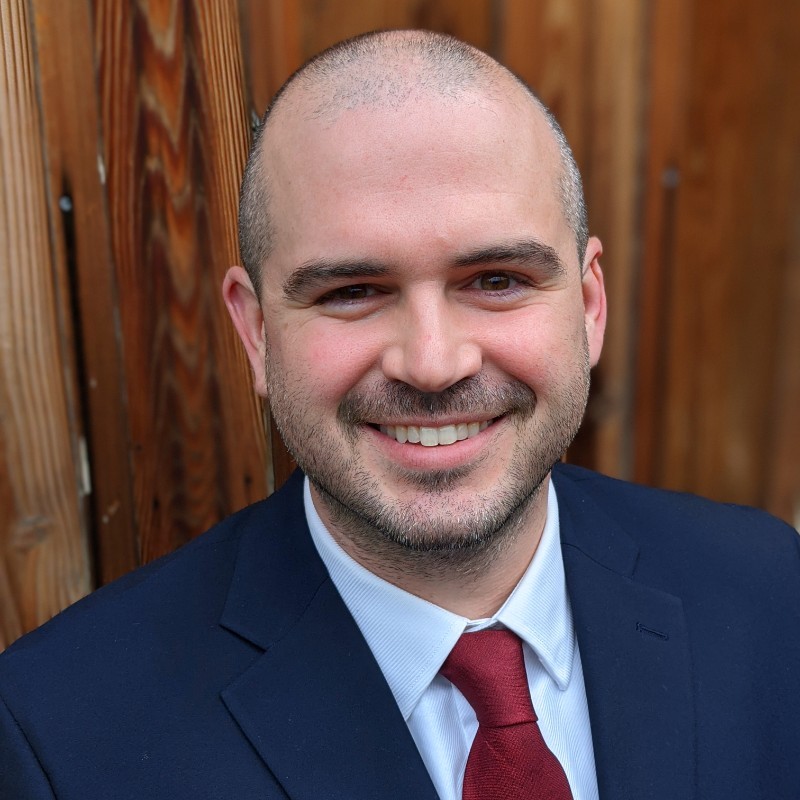Watch the 30-Minute Video
About the Topic
New treatments involving gene transfer products are being tested at a rapid pace across many disease indications. With this growing market comes a variety of challenges that sponsors, CROs, institutions and their sites must consider when running these trials.
In this video, Dr. Christopher Doyle speaks about human gene transfer and the role that the NIH Guidelines and Institutional Biosafety Committees play as key stakeholders. He offers practical advice on how to avoid the common challenges often found in running human gene transfer trials.
Key Takeaways:
- Definition of the NIH Guidelines and the role of the Institutional Biosafety Committee (IBC) and what the IBC looks for when reviewing a trial.
- Understanding when a study requires IBC review and how violations against the Guidelines can put current future NIH funding at risk.
- How to avoid unexpected delays – whether that be with site selection, handling the IBC registration process, working with specific institutional policies, and more.
- How a coordinated IBC review and IRB review of the protocol enables a more efficient trial start-up.
Meet the Speaker

Christopher Doyle, PhD
Director, WCG IRB Services
Chris currently serves as an Institutional Biosafety Committee (IBC) Chair and Director of IBC Services working with research sites, sponsors, and CROs to ensure human gene transfer clinical trials are conducted safely. Prior to joining WCG IRB in early 2018, Chris was a research fellow at the Albert Einstein College of Medicine (Bronx, NY), where he explored mechanisms of antibody activity against Streptococcus pneumoniae.
Chris received his BA in Biology from Assumption College (Worcester, MA) in 2008 and his PhD in Molecular Genetics and Microbiology from Stony Brook University (Stony Brook, NY) in 2014, where he studied the pathogenesis of Francisella tularensis in a high containment Biosafety Level 3 laboratory. Chris has authored a number of peer-reviewed publications describing his past research, has served as an ad-hoc reviewer for Infection and Immunity, and is a member of the American Society for Microbiology (ASM) and the American Biological Safety Association (ABSA).